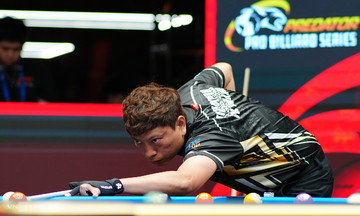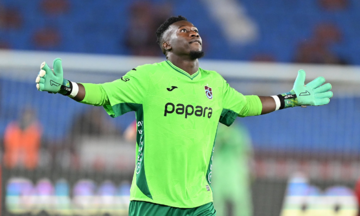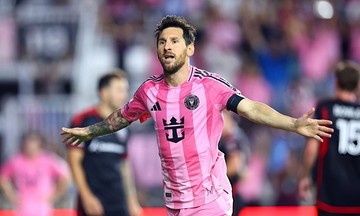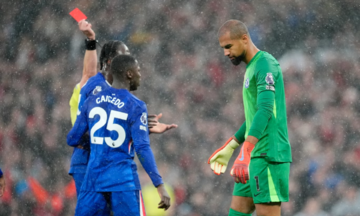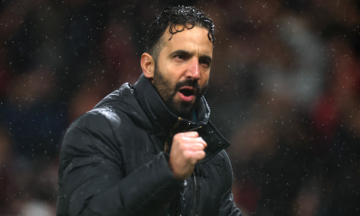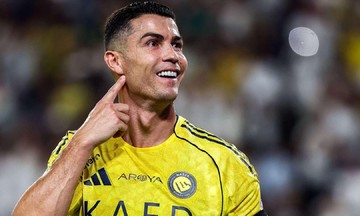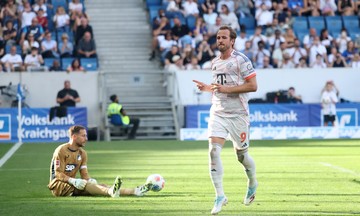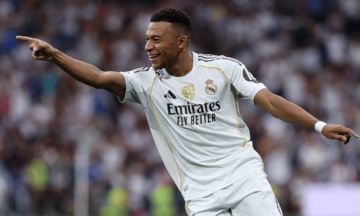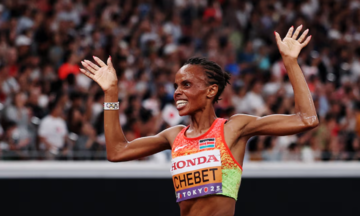Pep Guardiola once described tactical formations as mere "telephone numbers." But few managers are as defined by a single system as Amorim. The 3-0 defeat at the Etihad on 15/9 once again raises questions about Man Utd's setup: from the use of Bruno Fernandes to the numerically overwhelmed midfield.
Mason Mount's deployment on the left wing against Grimsby Town in the League Cup served as further evidence of the Portuguese manager's inflexibility with his 3-4-2-1 formation.
Some argue that Amorim is mistaking a tactical formation—which isn't eternally relevant—for a footballing philosophy. Conversely, supporters contend that his system merely provides a framework for players to freely interchange and interpret the game. Regardless, Man Utd continues to search for balance and stability.
Between control and directness
Last season in the Premier League, Man Utd scored fewer goals than West Ham and Wolves, with only three relegated teams scoring fewer at home. This prompted the Old Trafford club to acquire three forwards: Matheus Cunha, Bryan Mbeumo, and Benjamin Sesko this summer. Some early improvements were evident as Man Utd's play focused on quickly feeding these new signings. Diagonal passes from left to right, targeting Mbeumo, became a feature, as seen against Arsenal in the opening round.
Before round 4, no team created more "direct attacks" than Man Utd (8). Opta defines a direct attack as: "Starting in a team's own half, involving at least 50% of movement towards the opponent's goal, and ending with either a shot or a touch inside the opponent's box".
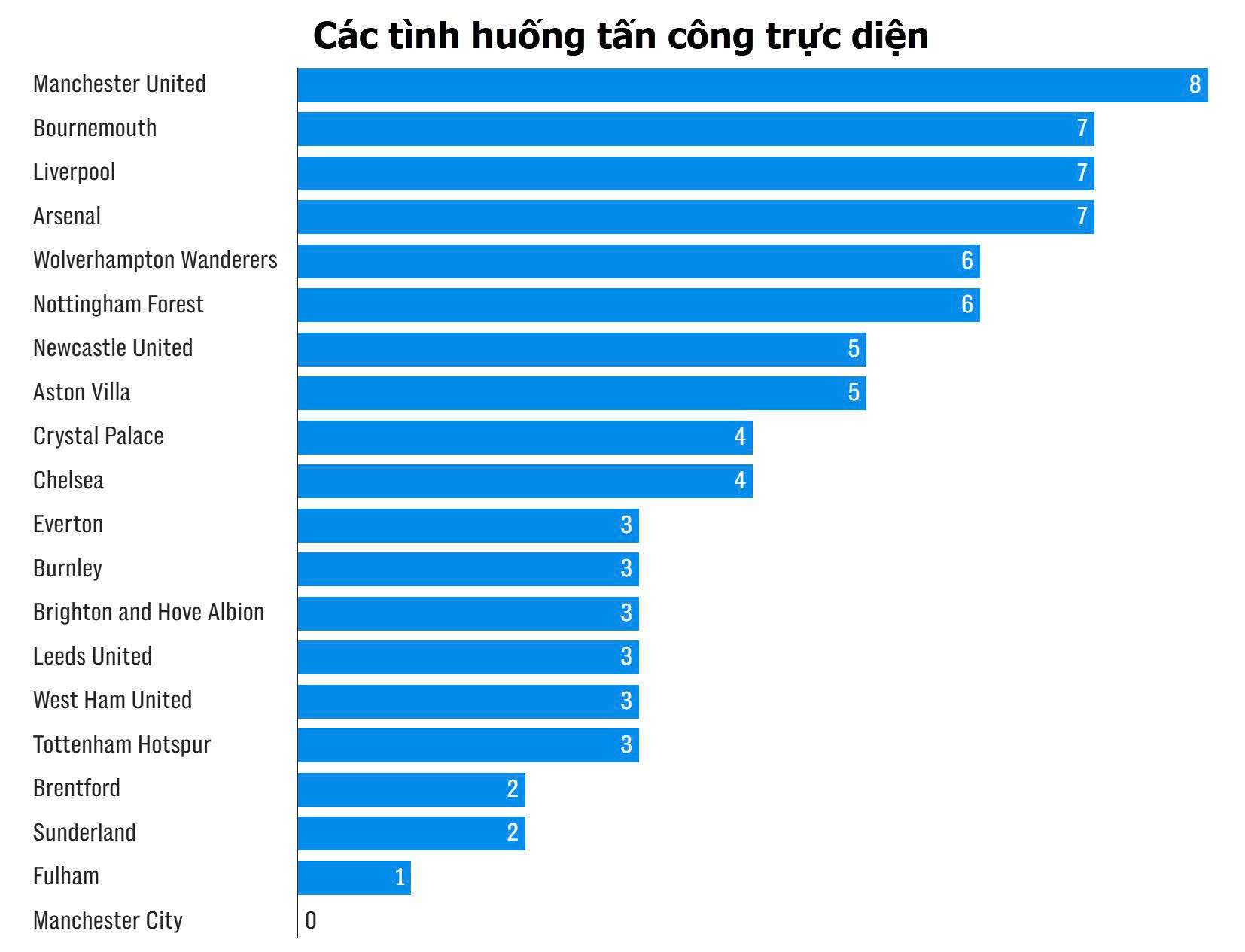 |
Center-back De Ligt occupies a midfield zone during the 1-0 defeat to Arsenal in round 1 of the Premier League on 17/8. Screenshot. |
Compared to the traditional "big 6," Man Utd has the highest long-pass percentage so far: 12.9%. However, Bournemouth—leading the league with 17.2% in the same category—sits significantly higher in the table, currently 4th.
 |
A moment of dilemma for Man Utd's central midfield pair against Fulham. Screenshot. |
This poses two questions for Amorim: How will Man Utd attack deep-lying defenses without space for direct play, and how will they avoid getting drawn into "basketball" matches like the second half against Burnley?
Last season, Amorim spoke about the need for better game control. There are some notable aspects of his system when Man Utd builds from the back, such as the positioning of the central center-back. Against Arsenal, Matthijs de Ligt appeared in the central midfield zone. While effective against Arsenal’s somewhat disjointed pressing, this approach faltered in most other matches.
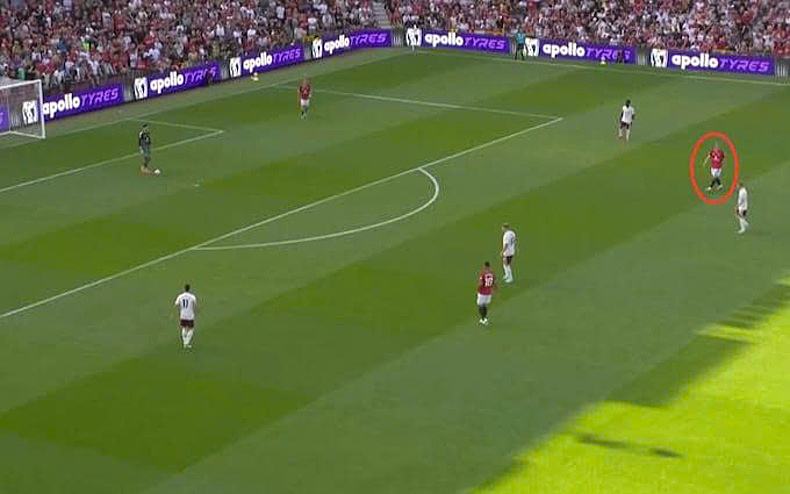 |
A gap opens between Casemiro and Bruno Fernandes as Fernandes tracks Odegaard. Screenshot. |
This is when Man Utd reverts to direct play, as against Man City: attempting to exploit early passes behind the defense and switching play from the flanks. However, these tactics yield little when Man Utd's crosses lack accuracy.
 |
Saliba passes to Gyokeres, exploiting the gap in Man Utd's midfield. Screenshot. |
The burden on the central midfield pair
"We knew how they defend and how they like to press from a back five," said Fulham manager Marco Silva after the draw with Man Utd in round 2 on 25/8. "If you don't allow them to press from a back five, you can create an overload in midfield. We knew they play with two central midfielders. We tried to overload them with our midfield three plus Alex Iwobi. Simple as that."
Whether Man Utd's formation is 3-4-3, 3-4-2-1, 3-2-5 in attack, 5-2-3 when pressing, or 5-4-1 in deep defense, Amorim's team consistently uses only two central midfielders. This pair constantly faces immense pressure. Man Utd's personnel deployment is especially vulnerable in two phases of the game.
First, when the back five is pinned back by the opposition’s front three, the central midfield duo must cover the entire width of the pitch ahead of them. Dealing with switches of play against wingers and full-backs on both sides is challenging. As Silva explained, opponents can also drop their strikers back or sneak out of the defensive line to exploit the spaces beside Man Utd's central midfielders.
Second, when the "Red Devils" press high and their front three are bypassed, the central midfield pair faces a dilemma. Should they close down the ball carrier and leave another opponent free between the lines, hoping a defender steps up, or retreat entirely and allow the opponent to advance?
 |
The sequence leading to Man Utd's first conceded goal in the derby against Man City. Screenshot. |
Against Fulham, for example, when the ball bypassed Man Utd’s front three to Sander Berge, left winger Iwobi moved inside into a number 10 position. Casemiro could neither mark Iwobi nor effectively pressure the ball, and Fulham easily penetrated Man Utd's midfield with a single pass. Fulham’s left-back, Antonee Robinson, had also advanced, meaning their front four were pinning back Man Utd’s back five. This is how Silva created a three-on-two situation for Fulham in midfield.
Against Arsenal, Man Utd initially succeeded in forcing their opponents back. However, as they maintained a man-to-man press with Fernandes tracking Martin Odegaard, a large gap opened between him and Casemiro.
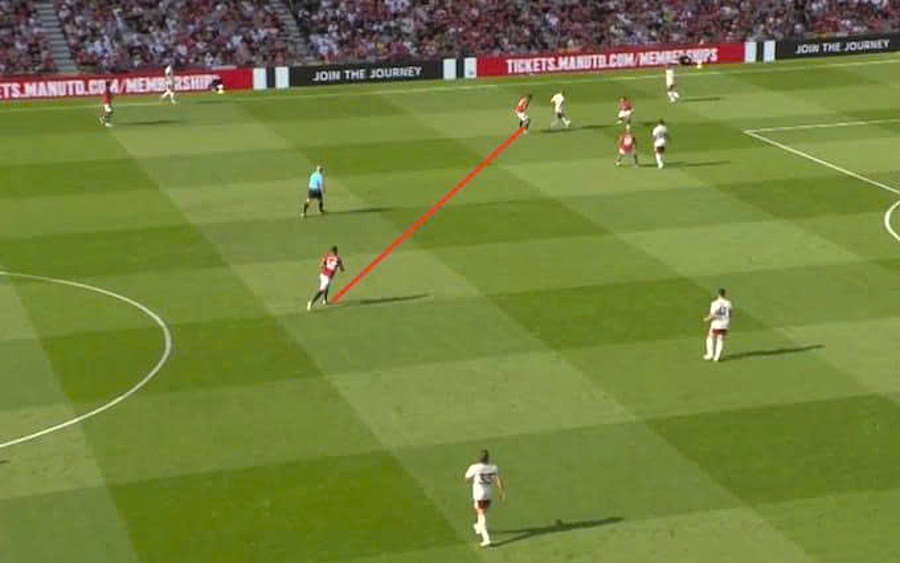 |
Heat map showing Bruno Fernandes' activity area this season. |
A potentially advantageous press was neutralized when William Saliba passed directly to striker Viktor Gyokeres, who then won a free-kick in midfield, relieving the pressure on Arsenal.
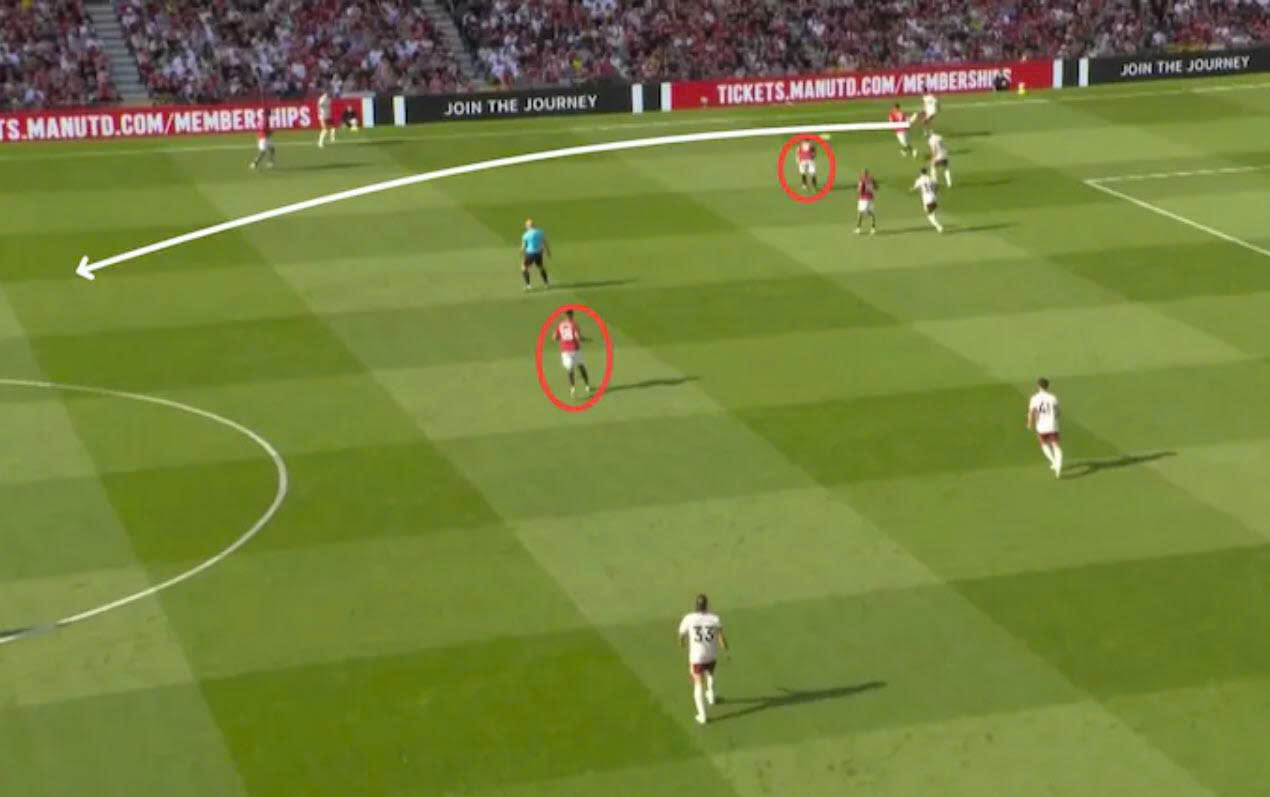 |
Man Utd defender Noussair Mazraoui loses out to Josko Gvardiol during the 0-3 defeat to Man City at the Etihad in round 4 of the Premier League on 14/9/2025. Photo: AFP. |
Man City's first goal in the derby further exemplified the problems opponents can create around Man Utd's central midfield pairing. Whether instinctively or by Guardiola's design, winger Jeremy Doku moved from the right flank into the attacking midfield position.
City now had a midfield trio of Rodri, Phil Foden, and Tiajni Reijnders, with Doku playing close by. Reijnders' position pinned Luke Shaw, preventing him from advancing to close down Doku. Doku, in the space between the lines, easily received a through-ball from Rodri, turned, and advanced towards the box.
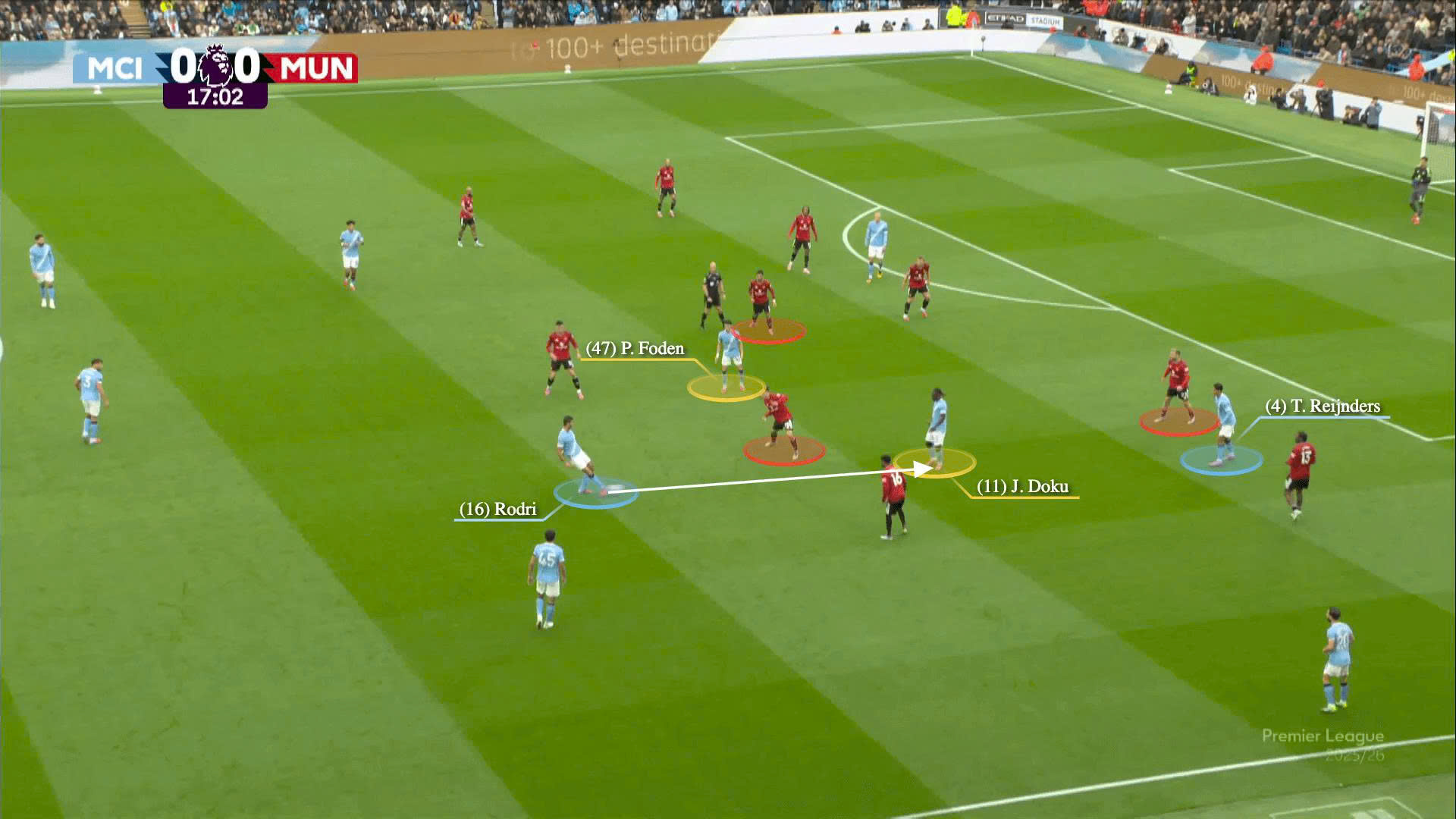 |
Manager Tuchel expresses disappointment after the defeat to Man City. Photo: Reuters. |
The Bruno Fernandes conundrum
Upon Amorim’s appointment, his use of Fernandes became a focal point. The Portuguese star, for most of his Man Utd career, operated as a number 10 with the freedom to roam, seeking opportunities for decisive passes and long shots. However, Amorim’s system lacks a traditional number 10, instead featuring two inside forwards operating in the half-spaces behind the striker.
At Anfield last season, Fernandes demonstrated his ability to shine on the left of this attacking duo. However, with the arrivals of Cunha and Mbeumo, these positions seem pre-assigned, barring injuries. Amorim opted to deploy his compatriot in central midfield. This might explain Man Utd's lead in direct attacks, as Fernandes can deliver long passes from deep.
The Man Utd captain's heat map this season, compared to the previous three Premier League campaigns, shows, for the first time, his highest touch concentration in his own half.
 |
However, Fernandes isn't a natural central midfielder when Man Utd are without the ball and defending deep, exposing his and his teammates' weaknesses. While pursuing Carlos Baleba will help, Man Utd might need two Balebas. Against Man City, Amorim finally moved Fernandes higher up the pitch when Casemiro and Kobbie Mainoo were introduced.
Unproductive wing-backs
Amorim is correct in pointing out that Man Utd's attacking structure isn't vastly different, positionally, from many top European teams, who primarily play with a back four but shift to a 3-2-5 in possession. Deploying players across five vertical channels (two flanks, two half-spaces, and the central channel) has become commonplace.
However, the difference is that those teams—following a positionally-oriented philosophy—typically deploy wingers in the widest channels of the five attacking players against the opponent's defense, tasked with stretching the play and engaging in one-on-one duels. In contrast, Amorim often requires his wing-backs to push high. This is why formations aren't paramount: two teams can mirror each other positionally, but player quality differentiates them.
In over 30 years of Premier League history, only two title-winning teams utilized a three-man defense with wing-backs: Blackburn Rovers in 1994-1995, with Jason Wilcox and Stuart Ripley delivering crosses for Alan Shearer and Chris Sutton, and Antonio Conte's Chelsea in 2016-2017. On Chelsea's right flank that season, Conte transformed a natural winger, Victor Moses, into a wing-back. Marcos Alonso, on the left, both created chances and was a free-kick specialist. Together, they contributed 14 goals and assists that season.
Across Europe's top 5 leagues, title-winning teams with Amorim's system consistently demand 15 to 20 combined goals and assists from their wing-backs. Inter Milan in 2023-2024, with Denzel Dumfries and Federico Di Marco, contributed to 19 goals; Leverkusen in 2023-2024, with Jeremie Frimpong and Alex Grimaldo, had 39; Amorim’s former team, Sporting, in 2023-2024, with Ricardo Esgaio and Nuno Santos, had 18; and Inter Milan in 2020-2021, with Achraf Hakimi and Ivan Perisic, had 22. Only the more defensively-minded Juventus of 2015-2016, with Patrice Evra and Stephan Lichtsteiner contributing just 6 goals and assists, stands as an exception.
Last season, Diogo Dalot, Luke Shaw, Patrick Dorgu, and Noussair Mazraoui combined for only four goals and assists. One proposed solution involves deploying Amad Diallo, who finished last season with 8 goals and 6 assists in the Premier League, as a right wing-back. While his combination with Mbeumo could be potent, his defensive skills are limited. Against Man City, Amorim opted for Dorgu and Mazraoui, with Mazraoui particularly ineffective in attack, ill-suited to the wing-back role.
 |
An aging defense and the goalkeeper issue
Man Utd still relies on its old guard in defense, with Lisandro Martinez nearing a return. Leny Yoro is a bright spot, and the "Red Devils" need more defenders like the Frenchman. Two of England’s strongest teams, Liverpool and Arsenal, possess defenders capable of covering large spaces and excelling in one-on-one duels. This allows them to confidently press high with man-to-man marking. In contrast, players like De Ligt, Harry Maguire, Shaw, or Lisandro in isolated duels can be a gamble.
Lisandro isn't lacking in aggression, but the Argentinian center-back lacks mobility. In a 3-4-3 with two central midfielders, this is a crucial requirement. To counteract being outnumbered in midfield, Man Utd's center-backs must comfortably track opponents into midfield.
When Thomas Tuchel used this system to lead Chelsea to Champions League glory, Antonio Rudiger excelled in this aspect. Man Utd lacks defenders with the pace or aggressive style to replicate this.
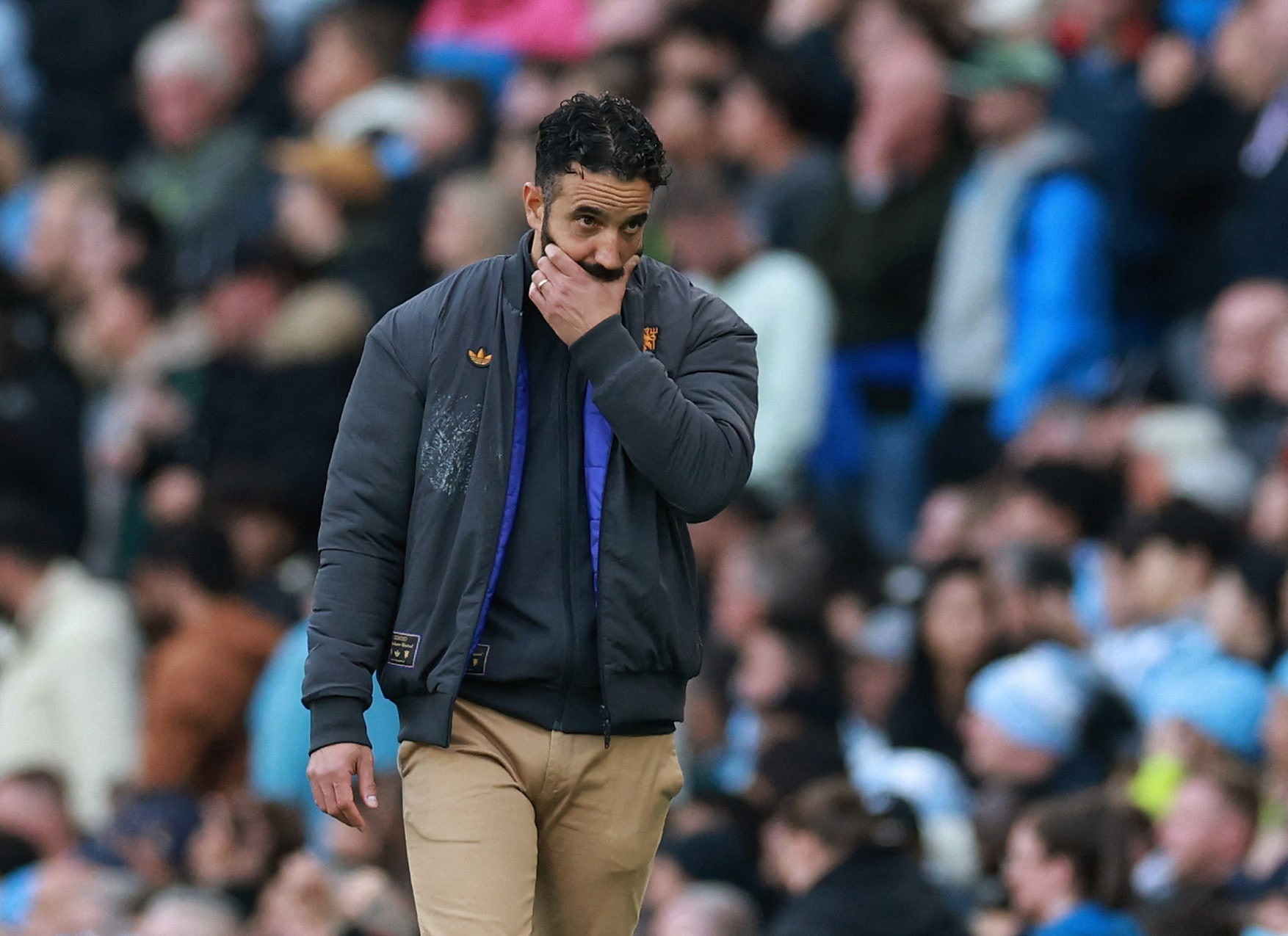 |
In his post-derby interview, Fernandes mentioned the need for center-backs to step up effectively: "We need to be braver in one-on-one pressing. City took that risk against us, and we need to do the same. I tried to press Rodri because one of our central midfielders needed to step up and take him, then a defender would mark Foden. Initially, I could cover both, but when Yoro stepped up, I focused mainly on Rodri. But Yoro dropped back, not understanding, leaving us exposed. Once we commit to stepping up, we must accept the risk, and the defense needs to be braver."
In goal, the situation is simpler: Andre Onana is in Turkey, and Altay Bayindir alternates between good distribution and costly errors. Against City, Bayindir nearly gifted Haaland the ball in the six-yard box. New signing Senne Lammens may soon get his chance, but whether he can provide reassurance remains a significant question.
Hoang Thong (via Telegraph)



